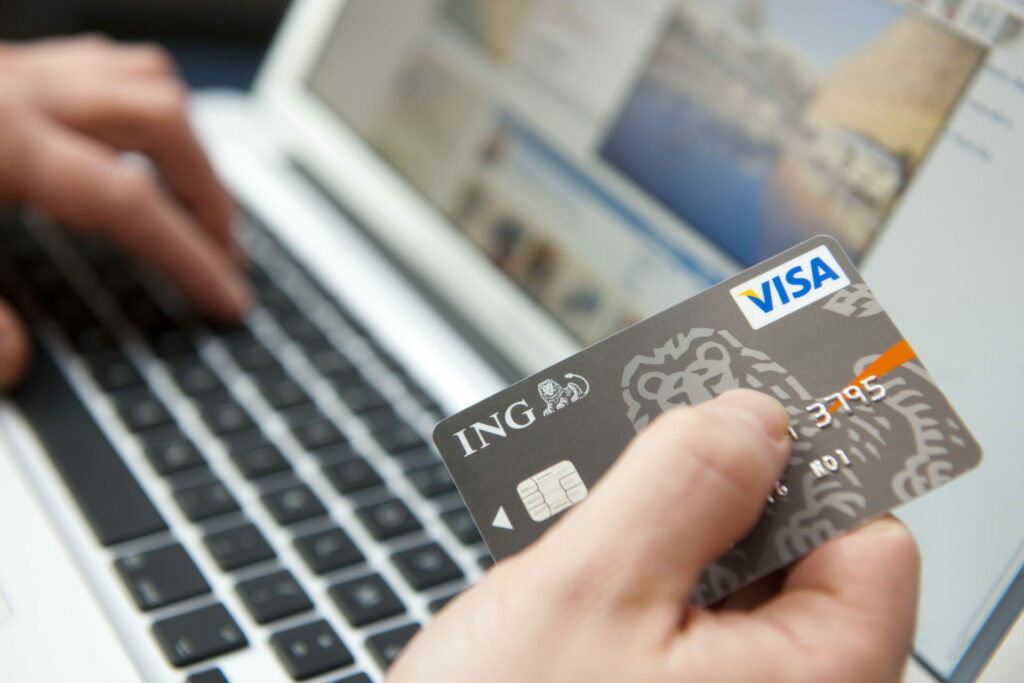The Economic Inspectorate received almost 47,000 reports of fraud when it comes to purchases that are made. The number of reports rose dramatically in some categories, including the online sale of counterfeit products.
The Ministry of Economy's Hotline is an online platform where consumers and businesses can report misleading or unfair commercial practices and receive information and advice to protect themselves. In 2023, it received 46,915 reports of fraud and deception through this platform.
This marks a 9.5% decline since 2022, mainly because fewer people are reporting scams to the Hotline (these reports should now be sent to safeonweb.be) and a drop in practices related to the price charged by companies, especially energy suppliers (-33%).
As was the case in 2022, fraudulent practices such as fake invoices, fake online sales sites, fake business directories for the self-employed, and fraudulent investments in cryptocurrencies, among others, were the most reported. Around 20,000 notifications were related to this subject, representing 42.6% of the total number of reports received.
In second place are recruitment practices (forced purchases, selling by phone or door-to-door). More than 13,000 reports touched on this type of fraud (28.4%). The Ministry noted that such practices occurred more in some categories than in others, and published more information on the five "strongest risers" when it came to the number of reports.
Fake invoices and forced purchases
The Economic Inspectorate note a significant increase in reports on the sale of counterfeit products via social networks and sales platforms. The number of reports related to such practices rose from 484 in 2022 and 775 in 2023.
The (re)sale of fake concert, festival or sports event tickets is another type of fraud that occurs mainly on social networks and sales platforms but also through fake websites, the ministry noted. Here, the number of reports has more than doubled from 141 reports in 2022 and 360 reports in 2023.
A record number of reports came from just one French company (more than 1,150 in 2023), regarding hidden subscriptions when purchasing electronic products in its physical shop. Consumers reported paying astronomical amounts every month via unlawful automatic direct debits.
"In this case, we recommend always contacting the company in writing and disputing the agreement(s) and payments, blocking the automatic direct debits through the bank/bank application and requesting a refund of the wrongly debited amounts," the Ministry said.
Another rise in reports was linked to an amendment of the law on 1 July two years ago that forced retailers by law to offer their customers at least one electronic payment method. This led to a sharp increase in the number of reports about convenience stores offering cash-only payments in the second half of 2022. This trend continued sharply in 2023 (1,547 reports in 2022 and 2,341 reports in 2023).
Related News
- Suspected fraud being investigated in 2017 sale of RSC Anderlecht
- French police are searching for a 'false priest' from Charleroi
The Ministry did note that this large number of reports can be explained by the fact that consumers often (wrongly) assume that a shop must have a Bancontact terminal. "This is not the case, retailers are free to choose which way they offer an electronic payment method to their customers."
Finally, the Hotline also received more reports about fraudulent work by bogus self-employed workers (from 787 reports in 2022 and 1,200 in 2023).

